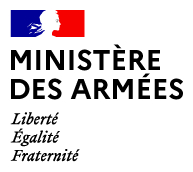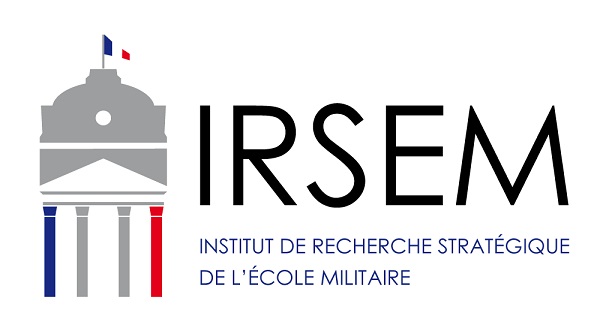Russia uses a variety of methods to influence its former Soviet republics of Armenia, Azerbaijan, and Georgia. Since its conquest of the region in the 19th Century, Russia considers Transcaucasia particularly important for its geopolitical standing. No longer able to persuade or attract South Caucasus populations, Russia’s strategy of influence is largely based on military power (hard power). It struggles to develop its soft power in this region, resorting finally to more coercive methods like exploiting: conflicts in the secessionist regions of Nagorno-Karabakh, Abkhazia, and South Ossetia; Kremlin-affiliated oligarchs; and energy prices. This traps Russia in a vicious cycle: to retain its influence in the South Caucasus, it becomes increasingly coercive and aggressive, appearing malevolent to local populations. The Kremlin relies on well-known and established strategies in the South Caucasus, making it an important case study in the analysis of Russian foreign policy in general.
Research Paper No. 99 (Translation)
- Catégorie: Publication, Notes de Recherche de l'IRSEM
"RUSSIAN STRATEGIES OF INFLUENCE IN THE SOUTH CAUCASUS REGION"

12
Jan
Chercheur(s) associés à cette actualité


